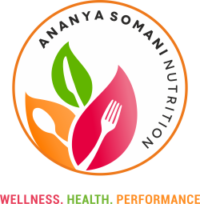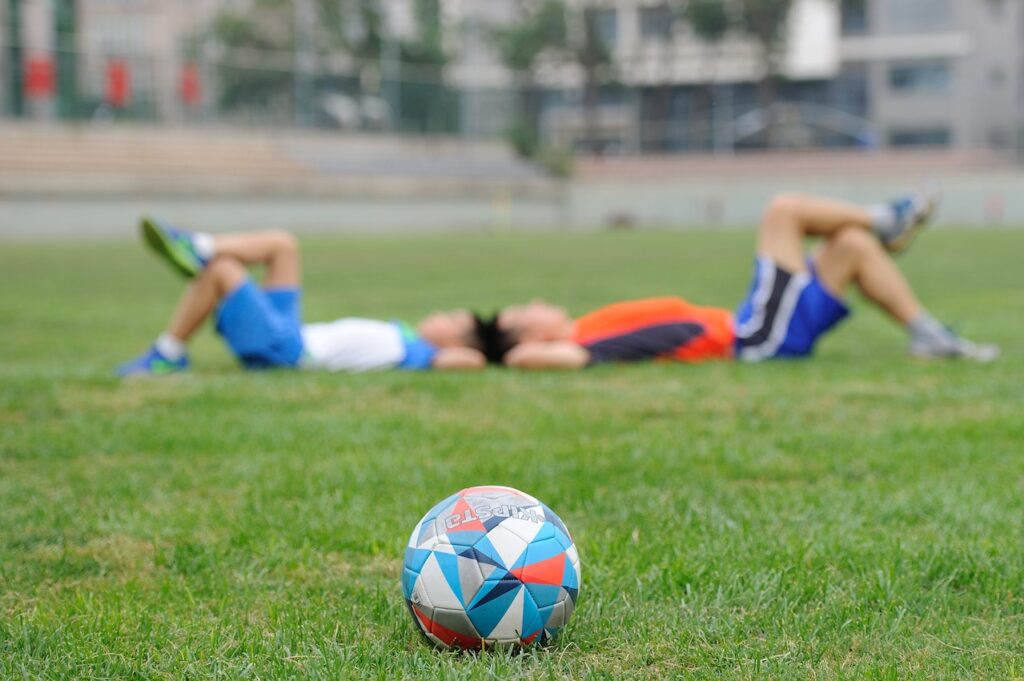A crucial aspect which is often overlooked when it comes to boosting performance and recovery, is sleep. Sleep is the time when your body repairs and regenerates itself. Apart from this, sleep plays a significant role in memory consolidation, decision-making, and reaction times, all of which are essential for athletes looking to outperform their competitors. According to the American Academy of Sleep Medicine, adults require between 7 and 9 hours of sleep for optimal performance and good health.
How does sleep impact on performance?
During sleep the body undergoes restorative processes by releasing growth hormone and supports tissue repair, muscle recovery, and the rebuilding of energy stores. Sleep allows the body to conserve and restore energy, such as glycogen in muscles and liver. Adequate sleep is associated with reduced injury risk in athletes. Sleep deprivation can compromise coordination, balance, and proprioception which makes the athlete more susceptible to accidents and injuries. Reduced sleep duration has been linked to decreased maximal strength, power output, and endurance, leading to suboptimal athletic outcomes. Insufficient sleep can suppress the immune system, increasing the likelihood of illness and affecting an athlete’s training and performance.
Fuel for sleep:
Meal timing and composition have to be set appropriately to prevent circadian misalignment. Melatonin is the primary hormone involved in the sleep-wake cycle and is influenced by the protein and carbohydrate composition in the meal. One of the amino acids called tryptophan is used to synthesise melatonin. When the ratio of tryptophan to other amino acids is high (e.g. dairy products), more melatonin reaches the brain and hence one experiences better sleep. Carbohydrates too provide a good amount of tryptophan. But when they are mixed with other sources of protein, the ratio decreases and might interfere with sleep.
Sleep hygiene:
Sleep hygiene is the strategy used to improve the environmental and behavioural variables that can affect sleep.
Caffeine: Caffeine is well established with its effect on performance on performance when consumed 60 mins prior to exercise. Caffeine impairs sleep for up to seven hours after consumption. Especially when consumed before evening training, it can cause difficulty in falling asleep. Even consumption in excess amounts (≤6 mg/kg body mass) can even affect sleep. Hence, one should be mindful of timing and quantity of caffeine intake.
Probiotics: Long term probiotic supplementation also has an effect on improving sleep via reducing muscle soreness and increasing the synthesis of melatonin. It also helps in promoting sleep by reducing soreness and decreasing the levels of inflammatory cytokines released post exercise that has an effect on sleep.
High GI foods: Having high glycemic index (GI) foods in the evening can help in promoting sleep, as it increases the availability of tryptophan to the brain and hence increases melatonin production. Examples of high GI foods include rice, potato and refined grains.
Foods for melatonin: Certain foods that promote melatonin production in the body include milk, tart cherries, almonds, walnuts, milk, kiwi, banana, pineapple and fatty fish.
Few things to remember to promote sleep hygiene:
- Keep your sleeping environments comfortable, cool, dark, without any electronic devices and minimal distraction
- Keep regular bedtime routines that help you relax and prepare your body for sleep.
- Avoid high intensity exercise before bedtime as it might impair your sleep.
- Avoid caffeine and naps after late afternoon and in the evening.
- Limit screentime before heading to bed
Sleep is the unsung hero of athletic performance and recovery. Just as athletes invest countless hours in training and nutrition, optimising sleep should also be an integral part of their routine to boost their performance.
References:
- Barnard, J., Roberts, S., Lastella, M., Aisbett, B., & Condo, D. (2022). The Impact of Dietary Factors on the Sleep of Athletically Trained Populations: A Systematic Review. Nutrients, 14(16), 3271. https://doi.org/10.3390/nu14163271
- Harnett, J. E., Pyne, D. B., McKune, A. J., Penm, J., & Pumpa, K. L. (2021). Probiotic supplementation elicits favourable changes in muscle soreness and sleep quality in rugby players. Journal of science and medicine in sport, 24(2), 195–199. https://doi.org/10.1016/j.jsams.2020.08.005
- Watson, Andrew M. MD, MS. Sleep and Athletic Performance. Current Sports Medicine Reports 16(6):p 413-418, 11/12 2017. | DOI: 10.1249/JSR.0000000000000418

